Did Brexit kill the booze cruise?
By Louis ThomasThough leaving the EU has resulted in new restrictions on how many bottles Brits can bring back across the English Channel, rumours of the death of the booze cruise have been greatly exaggerated. Louis Thomas heads to Calais to find out more.
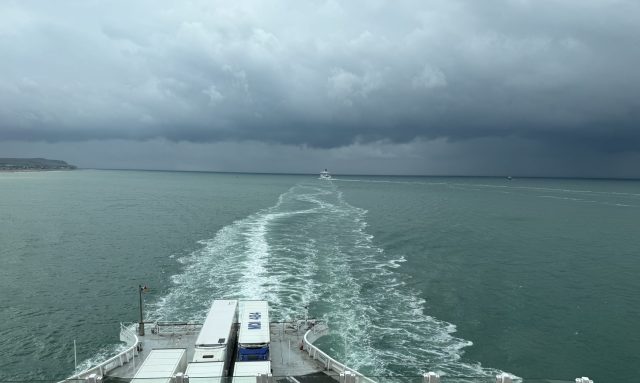
The new post-Brexit rules stipulate that the personal allowance that can be brought back into the UK from the European Union (without having to pay UK taxes) is 18 litres of still wine (equivalent to 24 75cl bottles), and nine litres of sparkling wine (12 75cl bottles) – for spirits and other drinks above 22% ABV it is only four litres, and for beer it is a more generous figure of 42 litres.
Prior to the UK’s departure from the EU, there were no such official limits, though those bringing back more than 120 bottles per person could be questioned.
Olivier Versmisse, owner of the eponymous Olivier, Vins et Compagnie, emphasises just how dramatically the allowance has shifted: “There used to be booze cruises with vans taking large quantities, but now you can’t, except if you’re coming from Ireland, which is in the EEC. But for the British, with the limits there are, you will never fill a van like you used to be able to. People used to buy 150 bottles of sparkling wine for their weddings, 200 bottles of still wine – that’s not something we experience any more.”
There’ll be Blue Label over the White Cliffs of Dover
With such a substantial reduction in how much booze visiting Brits can bring back from the continent, the nature of the what they are buying has also changed.
Calais Vins, headed up by Jérôme Pont, certainly has an offering to give the best drinks shops in the UK a run for their money, with more than 4,300 items listed on the store’s website (which is available in French and English).
“Bordeaux, Languedoc, and Beaujolais, especially Fleurie and Brouilly, all do very well – I would say that in England, you are open minded about any type of wine, any origin of wine, as long as it was good, but Bordeaux and Languedoc are the stars,” says Pont. “Roughly speaking, the average spend is €150 to €250, sometimes there is no limit when you get a guy with a lot of money coming to buy 24 bottles of Grand Cru, but that is quite rare. But generally speaking, people are buying 24 bottles in the €8 to €10 range.”
Blockbuster rosé Whispering Angel can also be found – but for the price of €19.95 (£16.60) per bottle, rather than the general UK retail price of around £22, though it can only be purchased as a case of six. Though Pont says that this pink wine from Château d’Esclan is also popular in France, he shares that he has picked up on its popularity in the British market: “When I go to the UK I notice that Whispering Angel is a real star, but we also think we should help you to discover wines that are really popular in France too. In the UK, you find everything you want, you can get most of the French regions in the UK, so we try to introduce some smaller producers – when we go to trade shows we try to discover some new pépites from year to year.”
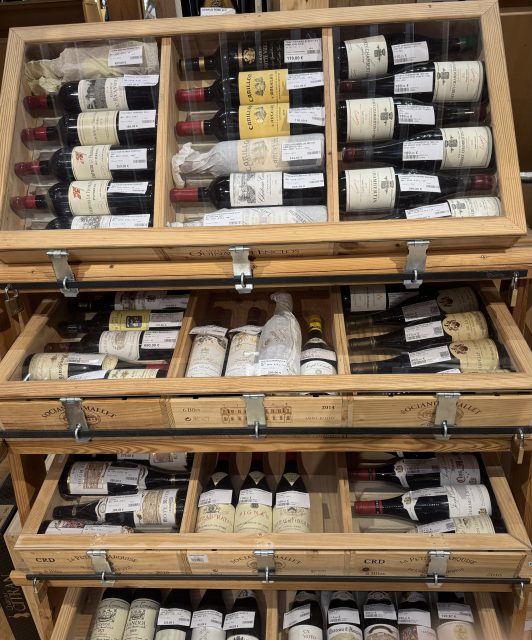
“In the last few years we have been investing in more ‘upper class’ wines – costing €100 or more. There are customers from London willing to spend on them,” he confides.
Beyond wine, Pont’s selection is also enviable: “We have the best whisky selection in France north of Paris, with more than 300 whiskies, more than 250 different rums, and old French liqueurs and aperitifs, more than 100 gins, more than 50 vodkas. We also have a selection of non-alcoholic wines and spirits, because it’s a growing trend in France, and for beer we have more than 400 different beers.”
Versmisse’s range of wine, spirits and beers is also not to be sniffed at. His shop in Fréthun, right by the Eurotunnel terminal, was previously a warehouse used to store the potatoes his father-in-law had harvested – the stable, cool temperature which kept the spuds in good condition makes it well suited for its new purpose as a wine cellar. Tucked away boxes of engraved with names such as ‘Château Mouton Rothschild’ and ‘Domaine de la Romanée-Conti’ indicate that this is not just a place to stock up on the cheap and cheerful, though Versmisse shares that the €5-per-bottle price point is what most customers are after: “That’s very cheap, but the same product would cost double in the UK, so the saving is still there.”
“I think we ought to increase our selection of boxed wine too,” he adds.
Consumer Shift
It’s undeniable that the post-Brexit booze cruise is a very different beast to what it once was, and companies on the other side of the Channel have had to adapt. In the case of Olivier, Vins et Compagnie, that came in the form of a rebrand, with the name changing from ‘Franglais’, at the suggestion of an employee who noted that visitors came to see Versmisse.
“Locals thought that it was a cash and carry for the English and so they didn’t come, so five years ago we changed the name.”
“A long time ago, 70% of our customers were British, so we were really dedicated to it – our staff were fluent in English – just before Brexit it was more like 25-20%, with Covid it was zero, and now it’s around 7-8%,” he adds.
db previously reported that the number of Calais Vins‘ British customers actually went up by 57% between 2022 and 2023, with the increases on duty cited.
The loss of British visitors hit hard. While Calais Vins and Olivier, Vins et Compagnie have weathered this storm, some big names did not.
“We’ve got proof that we can’t depend on UK customers any more – Majestic,” says Versmisse, pointing to the closure of the specialist retailers two Calais outposts in 2021. “95% of those stores’ customers were British. When you lose that amount of customers, and the lower quantity they can buy, they couldn’t cope with the cost of the building, the staff, the stock, everything.”
It should be noted that before Brexit was even on the cards, UK stores were scaling back their presence in France – with Tesco, Oddbins and Sainsbury’s all shutting their Calais branches back in 2010. At the time, it was suggested that British consumers increasingly did not see it as worth the effort to hop across the English Channel in order to stock their home bar.
Business from locals has become increasingly important, according to Versmisse: “We have more and more people coming from Boulogne, it’s only a 20 minute drive, and elsewhere on the coast, and those coming to the TGV station because they’re collecting someone and have some free time to go shopping.”
“French people aren’t coming to Calais just for cheaper booze, they can find it at similar prices where they are, but these stores often have drinks that you can’t get elsewhere in France,” says Nico Thiriot, a Calais native and a veteran of the drinks industry in both France and the UK. “You get French people shopping online at these stores to get stuff delivered to their place too.”
Having strong whisky selections certainly helps attract French customers – according to 2023 figures from the Scotch Whisky Association, France is the second most valuable export market for the spirit, valued at £474 million last year, and the biggest by volume, with 174 million bottles coming in. Calais Vins also has a boulangerie and fromagerie (the latter from famed cheesemonger Philippe Olivier) on the premises, something that is good for getting local business, though he points out that “when you sell a baguette at €1.20, you need to sell a lot of baguettes to make the equivalent of €50 bottle of Champagne!”
Partner Content
Pont argues that the shop, in spite of its proximity to the UK, is not dependent on visitors from our shores: “British customers make up about 20% of our turnover, so they were the cherry on the cake, and without those customers we still get the cake without the cherry.”
Tax Appeal
Certain incentives have been put in place to get the Brits back to Northern France after Brexit.
Non-EU residents who spend €100 or more in the same store are entitled to a VAT refund, equivalent to 15% cash back. This is processed in the store, with the necessary forms stamped by customs officers before you disembark back for the UK. Consuming or even just opening the bottles before you leave will result in the tax refund’s cancellation.
“When you spend €100, you get €15 back in your pocket within a week. Why €15 when the VAT is 20% in France? The calculation is that if a bottle is €100 without VAT, and €120 with VAT added – what do those €20 of VAT represent out of €120? The result is 16.66%. 1.66% is the commission that goes to Global Blue, our partner which handles customs and the bank transfer, and 15% goes back to the customer,” explains Pont.
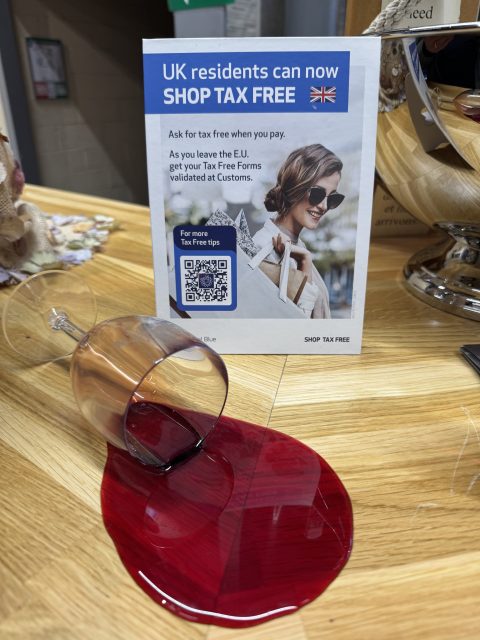
“When people see that [the 15% refund], even if they weren’t pro-Brexit, they acknowledge that at least they’ve got something,” opines Versmisse.
Thiriot adds that the UK’s alcohol duty system, a source of great consternation for the industry, also makes buying bottles in France an attractive proposition: “In Britain the taxes on alcohol have been increased, and are increasing every year since, so there are still good reasons to come to France.”
Sails Force
Another way to draw in customers is by offering to cover the cost of a ferry ticket if they pre-order a certain value of goods.
Both Calais Vins and Olivier, Vins et Compagnie have partnered with P&O Ferries to offer customers a free day trip on the ferry if they pre-order €300 (around £249) or more on their websites, which can be redeemed using a code. If they pre-order €700 (£580) or more, they will be offered a three-day trip, with accommodation.
Versmisse explains: “We have done it to encourage people to come and visit us – it’s like a voucher for the value of the crossing – it came about after Brexit. We had a relationship with P&O before, but now we try to welcome more people, because they can buy less volume, so we’d like to have more people coming.”
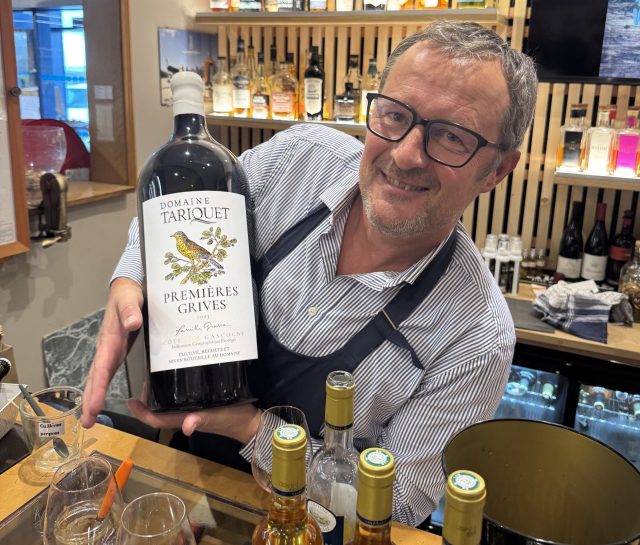
P&O also has a deal where those who book a winter day trip can claim a free case of wine (red, white or rosé), provided by Calais Vins, Pidou or Calais Wine Superstore.
According to a spokesperson for P&O Ferries, the company carried 4.6m passengers between the UK and Europe in 2023, more than double the number recorded in 2021. Clearly P&O is confident in this continued growth as it has also just invested in two new ships.
Precise figures concerning the take up of the offers have not been disclosed, though it is understood that these partnerships have been extended into 2025.
Calais itself has been spruced up significantly in the last decades, with Natacha Bouchart, Mayor since 2008, overseeing the port city’s revival.
“The seafront looks a lot better than it used to,” says Versmisse. “People were frightened to stop in Calais because of immigrants, but they realise that they are there, but they are not dangerous, they are poor people looking for a better future.”
As tourist destinations go, Calais has proximity to the UK, attractive architecture and an improving restaurant scene on its side – the quality of its drinks shops are, to cite Pont’s line, the cherry on top of the cake.
“It’s also good for Calais for visitors to stay for lunch, or the night,” argues Thiriot. “The town has been revamped and refreshed in the last 20 years, so it is a good destination – Calais as it is today is quite exciting.”
Quantity vs. Quality
Businesses like Calais Vins and Olivier, Vins et Compagnie are the survivors of what has been and undeniably challenging time for cross-Channel trade. It is telling that it is French-run businesses in Calais which have been able to adapt to a lower number of UK booze cruisers by catering to a French clientele, whereas the big British-owned ones have sunk without a trace.
Perhaps they also failed because the offering was wrong, with too much emphasis on cheaper bottles. The wine industry likes to talk about ‘drinking less, but drinking better’, especially in the aftermath of the Pandemic, and perhaps some might see it as a good thing that the reduced personal allowances and incentives to spend a certain amount could play into that.
The frenzied heyday of the booze cruise might be behind us, but it hasn’t gone extinct, instead it has evolved to suit the change in circumstances, and lower number of visitors.
The post-Brexit booze cruise is not about loading up on inexpensive bottles, but rather trying to find a smaller number of high quality wines at a relatively affordable price. Of course, not every booze cruiser is going to be stocking up on DRC or Pétrus, but, in order to reach the price threshold to get a free ferry trip while also staying below the personal allowance limits, it makes sense to splash out. Indeed, as UK alcohol duties continue to climb, with a further jump in line with RPI due in February, value for money might well be what ultimately gets the wine-loving Brits back over to do their drinks shopping in Calais.
Related news
Brussels neighbourhood introduces drinking curfew




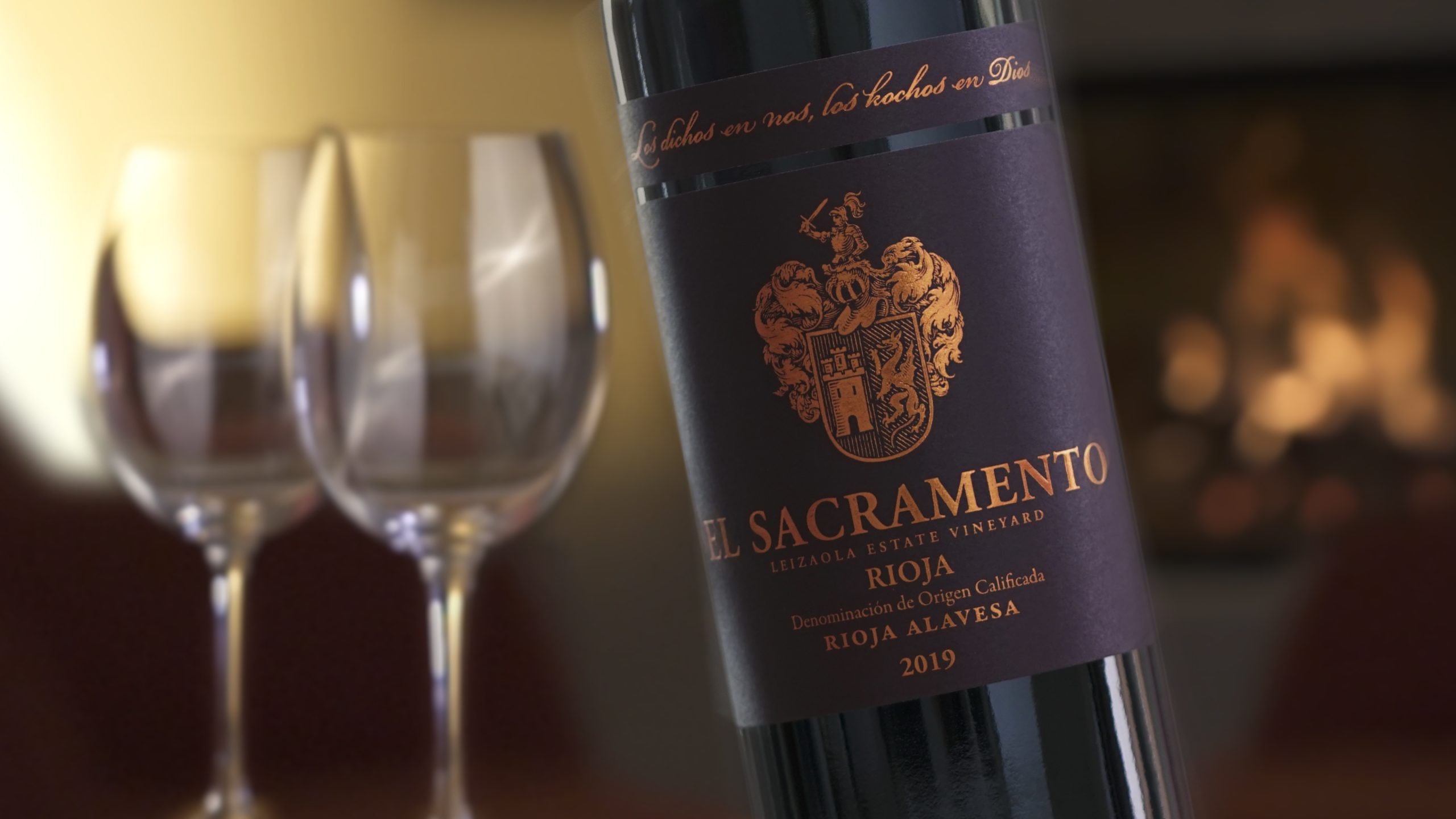
It is a really interesting piece on how the booze cruise has evolved, but I am curious to know about onboard sales. There used to be a dynamic whereby shoppers bought their wine and beer in Calais, and their spirits and tobacco from the ferries who made a killing in the process. Is that still the case?